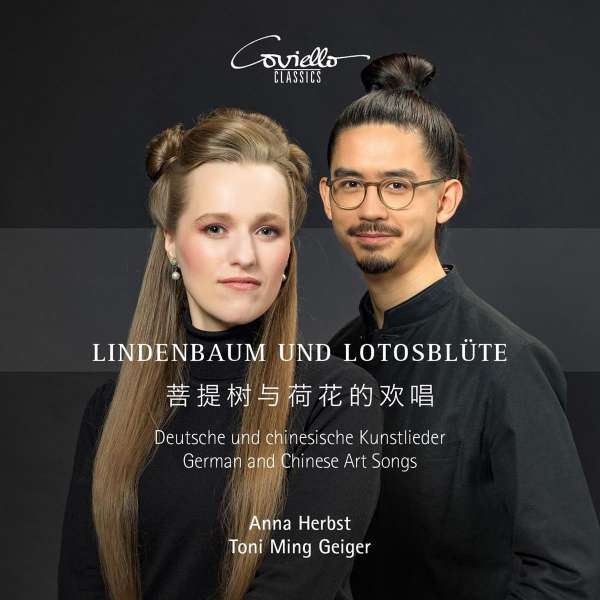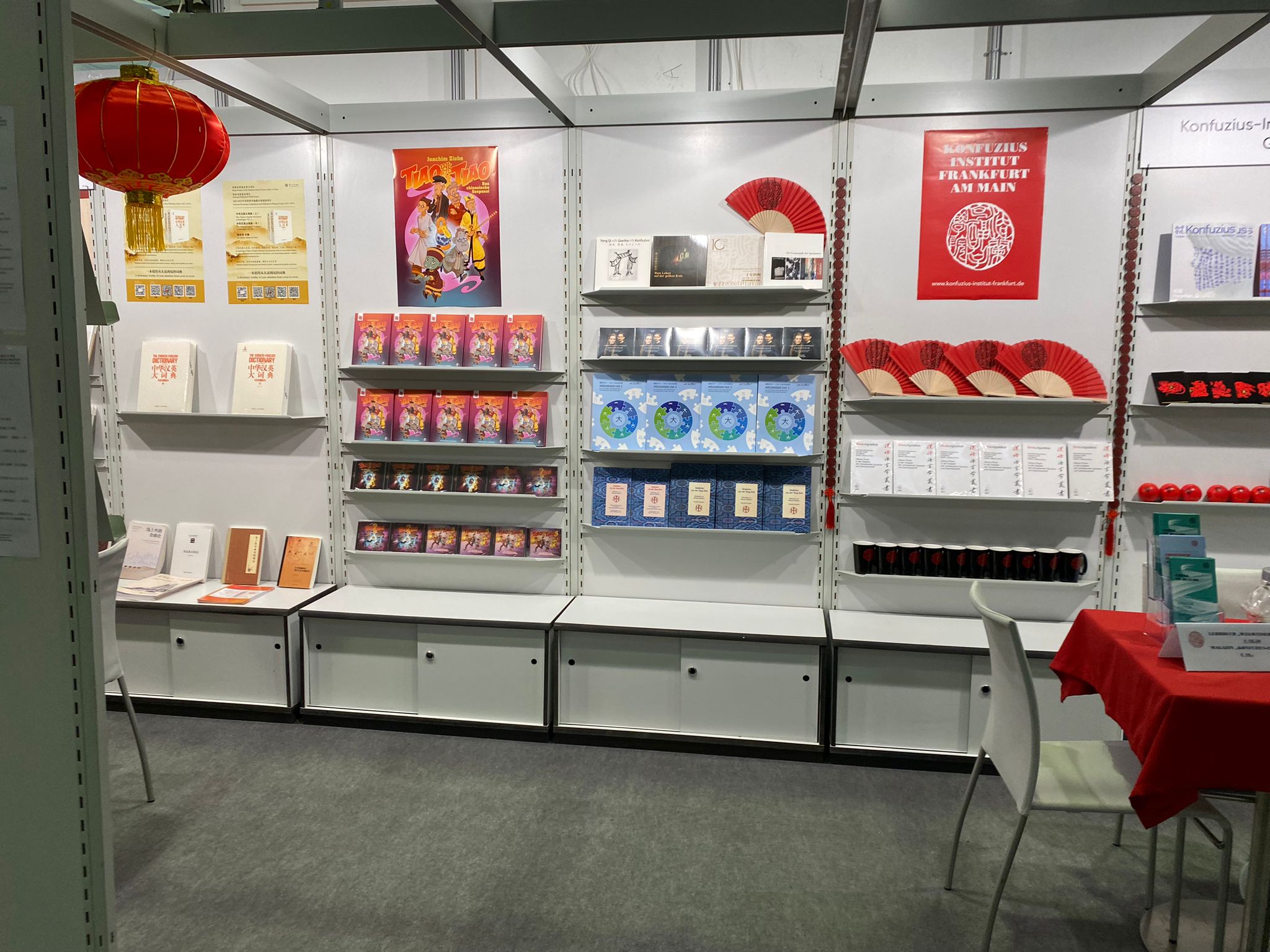When Western spoken drama (huaju) was introduced in China, many intellectuals hoped it could be used to propel social reform and national progress. The “old theatre”, in contrast, seemed to be a remnant of the corrupt and patriarchal “old society” which had to be overcome and abolished. A few years later, however, indigenous theatre forms were rediscovered and re-evaluated as superb artistic expressions and precious national treasures. Why and how did this happen? How were the qualities of an explicitly “Chinese” theatre defined? How did we end up with one single concept—xiqu—to refer to the great variety of regional and historical theatre forms from China? And which role does this concept play for contemporary Chinese theatre directors?
Stefan Christ (*1986) has studied sinology and philosophy in Berlin, Hamburg, Beijing, and Nanjing; he currently is a research associate at the Asia Africa Institute at Universität Hamburg. He has translated numerous contemporary Chinese theatre plays (see: Mittendrin – Neue Theaterstücke aus China, Theater der Zeit 2015) and subtitled performances, among others, by Lin Zhaohua, Meng Jinghui, Nick Yu Rongjun, and Tian Gebing. He has also worked with the International Research Centre “Interveawing Performance Cultures” at Freie Universität Berlin, especially for the publication Regiekunst heute – Stimmen und Positionen aus China (Alexander Verlag 2018). In 2019, he was awarded with the “Special Book Award of China for Young Scholars.”

Wann: 24.06.2021, 18:00 Uhr
Wo: Die Veranstaltung wird online über die Videokonferenz-Plattform Zoom durchgeführt.
Sprache: Englisch
Anmeldung erforderlich (bitte untenstehendes Formular ausfüllen). Im Anschluss an Ihre Anmeldung erhalten Sie eine Bestätigungsmail mit Zoom-Link, über den Sie am 24.06. am Vortrag teilnehmen können.




